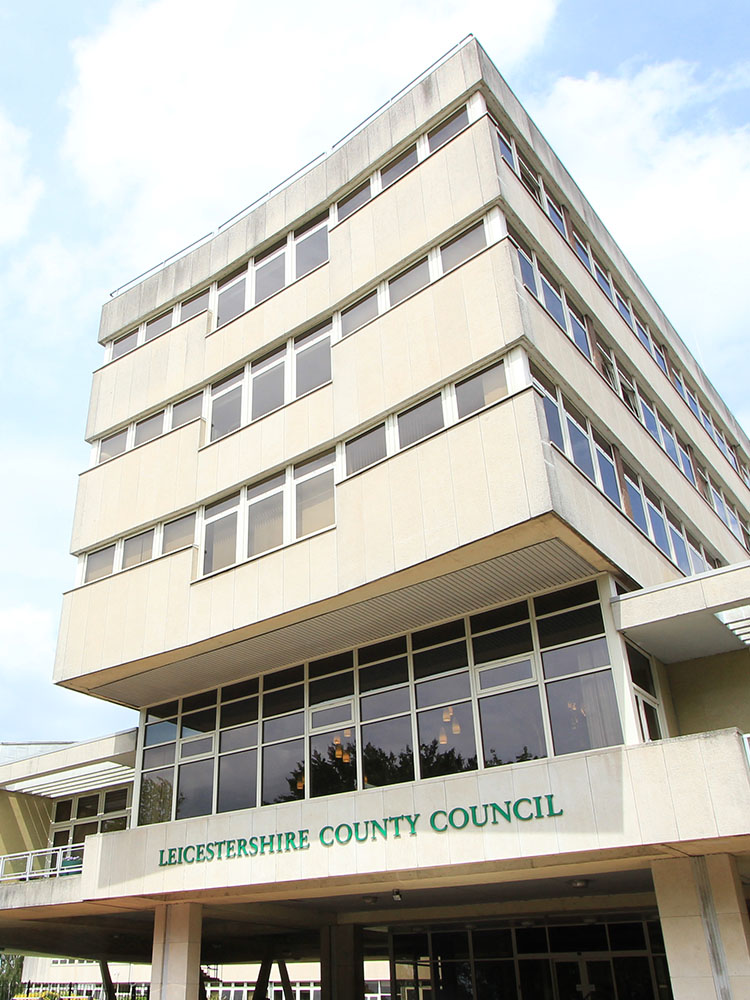Waste contamination occurs when people put the wrong items, or items that haven't been washed out properly, in their recycling bins.
Correctly present your recycling
All recyclable items should be empty, clean and dry before being disposed of in your kerbside recycling bin.
Dirty food and drink containers can spoil an entire load of recyclable material, so make sure to give them a quick rinse and leave them to drain before recycling.
Flatten cardboard and keep paper products dry. Place lids back on all bottles, jars and cartons once they have been rinsed, and make sure to check all packaging, ensuring that it is empty.
Items should go in loose, however if you do need to bag it up, make sure that the bag is clear.
Items that are not accepted
Items that are frequently found in recycling bins across Leicestershire that should be disposed of elsewhere include:
- Used nappies
- Food waste
- Hard plastics, such as children’s toys and coat hangers
- Black plastic, including packaging and black bin bags
All of the above should all be disposed of in your general waste bin.
Unless you’re provided with a dedicated collection bag by your local council, electrical items, clothing and household textiles should either be donated to charity or taken to your local Recycling and Household Waste Site.
Clinical waste, needles and sharp objects should be disposed of in a dedicated clinical waste collection. Visit Less Waste and follow the link to your borough or district council for further details on how to arrange this.
For more information about what can and can’t be disposed of in your kerbside recycling bin, contact your district or borough council, or visit Less Waste.
